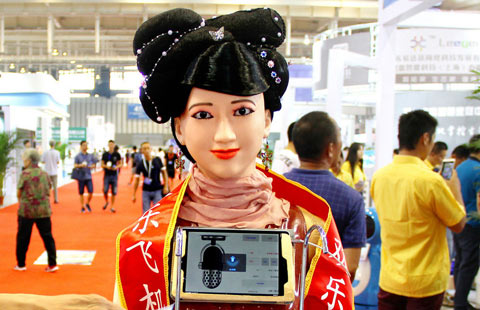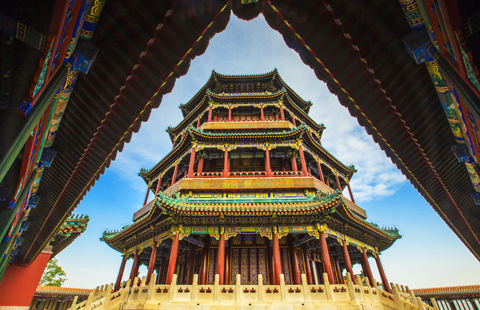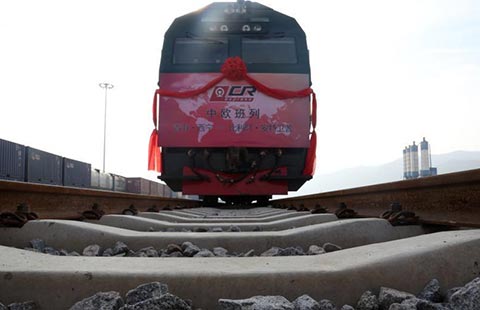Liaoning sells shares in seven SOEs whose total market value tops $60 billion
By Liu Ce in Shenyang (China Daily) Updated: 2016-09-13 08:09Senior officials from northeast China's Liaoning province marketed shares of seven State-owned enterprises to private investors on Monday in order to balance the province's fragile social security accounts and improve the companies' performance.
Private investors will be allowed to buy up to 20 percent of each of the seven SOEs. The companies are Liaoning Transportation Construction Investment Group Co Ltd, Liaoning Water Resources Management Group, Liaoning Energy Investment (Group) Co Ltd, Liaoning Dalian Fishery Group, Fushun Mining Group Co Ltd, Shenyang Coal Trade Group Co Ltd, and Tiefa Coal Industry Co Ltd, according to Shenyang United Assets and Equity Exchange.
Two of these have listed companies. The market value of the seven companies is 401.07 billion yuan ($60.04 billion).
Chen Qiufa, governor of the province, required the Liaoning State-owned Assets Supervision and Administration Commission to organize sales "to accelerate diversity of SOE equity, and solve the problem of 'a dominance' of SOE shares" in an early meeting about SOE reform.
As the so-called "last base of China's planned economy", SOEs of the central and local governments stationed in the province accounted for more than 30 percent of the GDP, compared to the national average of 23 percent.
"Two key purposes of the deal are to accelerate SOE reform and the supplement social security funds," said Zhou Rongqiang, vice director of the Liaoning State-owned Assets Supervision and Administration Commission.
Due to an aging population, Liaoning had a dependency ratio of 1.79 last year, almost double that of nation's average. Combined with a sluggish economy, this put Liaoning's social security fund in a rather fragile situation. And, it may become worse in the coming five years, as the funding gap will amount to 254.6 billion yuan.
The northeastern province's GDP for the first half of the year dropped 1.3 percent, the only Chinese province that saw negative growth in GDP in that period, according to local government statistics. Its industrial output value plunged 7.7 percent during that period, while the national average grew 6 percent, according to the Ministry of Industry and Information Technology.
In fact, the proposal has led to hot debates since its launch late August.
An expert who declines to be named says that although selling shares in SOEs is a reasonable solution for the current difficulties, it will also will have long term effects on the economy. He suggests the government should have a substantial discussion on how to preserve and raise values, rather than selling shares.
Zhang Min, a Shenyang born investment manager, told China Daily: "I don't care how much they sell. I'm more concerned about what kind of the assets they hold and about the management team."
- The unquestionable 2015-16 Chinese corporate hero is…
- Shanghai's Greenland Group aims high in London property market
- Alibaba opens its first self-built data center
- Samsung paves way for son to take helm
- Mattel plans to go full steam ahead
- Future bright for SE Asian e-commerce
- Top 10 most valuable companies in China
- Guiyang tops list of best-performing cities

















